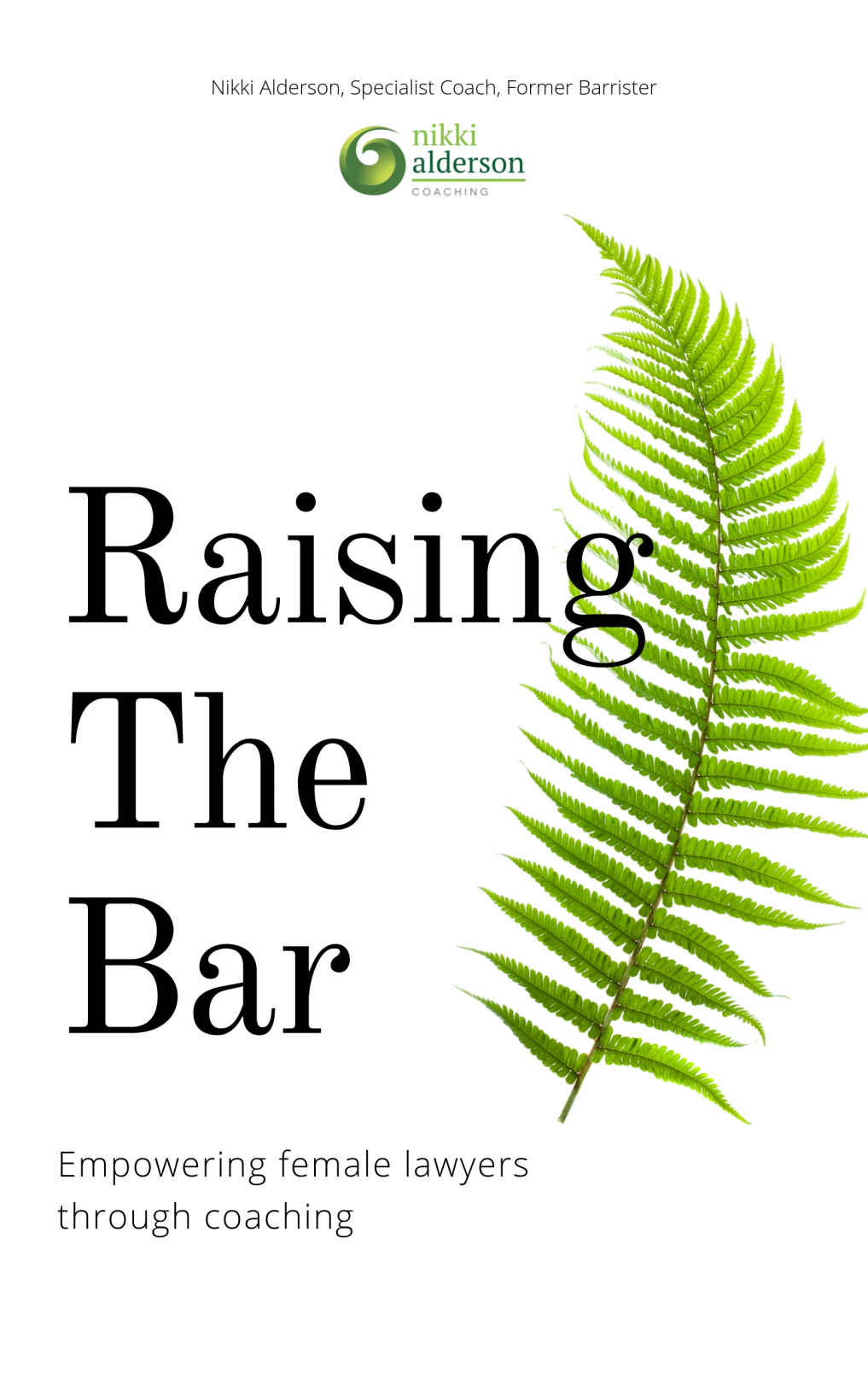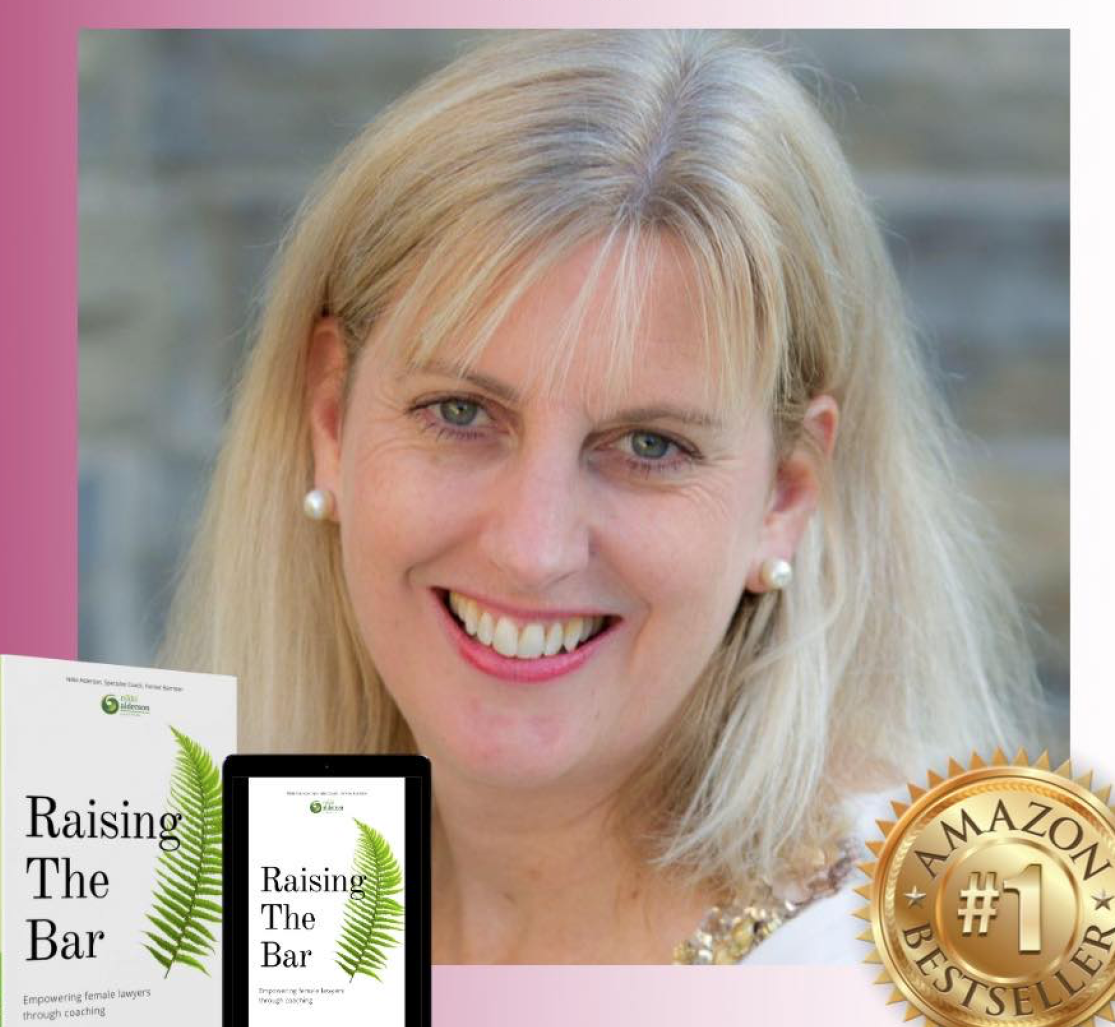In respect of ongoing tasks, where there is a need to quieten the noise, regain focus and reduce overwhelm, here are my suggestions on how to avoid digital distraction:
1. Firstly, decide what level of interruption you are prepared for, and plan accordingly. If you can’t handle the interruption, don’t respond, or get a separate personal and work phone. If you do allow the interruption, be accountable for the fact that you personally made that choice and risked the possible consequences.
2. Ensure you communicate clearly with your work or
organization about the boundaries and acceptability or
otherwise of calls and other interruptions whilst away as a
way of guaranteeing their support.
A great example here is Andrea, struggling with the challenges of open plan offices, digital distraction and the frequent interruptions to her work from a more junior team member who required a lot of guidance. Acknowledging the fine line between helping and being rude, she soon devised a plan (involving a stop and go system with ear buds in or out) to gently, albeit effectively, communicate whether or not she was open to interruption. With ear buds out, she was open to help out her team, with ear buds in, she was indicating she was closed at that time to interruption, and people should come back at a more convenient time for her.
Similarly, get support for your “working from home” boundaries from a spouse or partner to manage everybody’s expectations.
3. Whilst at home or work, ask yourself honestly, “Do I have a healthy relationship with my mobile or laptop and life balance?” If the answer is no, consider what improvements, however small, you could make to support your time ownership. For example, start your day with gratitude as opposed to the mobile phone social media “death scroll” – think of, and even journal, a couple of things for which you feel grateful to give you a pro-active sense of your own purpose and owning your day before allowing in the reactive distractions of the digital world around you.
4. Plan your day. As Jim Rohn, American Motivational Speaker, said “You run the day or the day runs you.” He emphasized the importance of sticking to your own schedule as opposed to being blown of course by distraction from others. Given the way I worked my business in the early days around significant childcare commitments, I needed laser focus to make most efficient use of small pockets of time, and spent Sunday evenings planning each week day before they happened so when I got a rare and unexpected extra ten minutes during the day, I could get straight to work and know precisely what needed doing, on what particular day, AND in what order of importance.
Have a plan and stick to it. Go back to basics. Prioritize tasks in to most important first. “Put first things first” as Steven Covey puts it. For example, you may wish to categorize them as “urgent”, “important” and “to do”. Covey’s Time Management matrix in which he categorizes all tasks into four (urgent and important, urgent not important, important not urgent and not important nor urgent) is equally valid here. I’ve recently heard a similar summary described as the four Ds : “Do, Diarise, Delegate and Delete”.
5. Tick tasks of a realistic to-do list if it helps, and most of all, tackle the trickiest stuff first to avoid procrastination: Eat That Frog by Brian Tracy is a great book to read on this topic. Feel good about your achievements as you meet them, watch the jobs get done. If you are prone to perfectionism, however, also know that with the unpredictability and demanding hours in professional working life, it may be you don’t meet all these plans, and that is ok too. Be prepared to carry over some of the “to do” list to another day if it means the critically important tasks are attended to first.
For the sake of your own wellbeing, be bold! Consider allocating two or three specific times in the day e.g. 8:30am, 12:30 & 4:30pm to check emails and in between times, remove notification sounds, alerts, banners from all your devices.
Angela, career break returner, initially struggled with setting out her stall to clients to manage their expectations because she was all too aware of the expectation that their lawyer be there any time, any place. She was able to set her own limits around her email sign of and out of office notifications however, and soon came to realize that by setting her own limits, others became respectful of them. That said, as an aside, due to the pressure she felt to respond to emails, the boundaries she set for herself would not necessarily be right for everyone – to check her emails every two hours maximum from 8am to bedtime. I left her to consider the reasonableness or otherwise of such late evening work expectations, particularly given the observations about wellness with which we are all becoming familiar.
An extreme yet effective tool for specific times during the day which require a fully immersive level of concentration is to engage the “Airplane mode” facility. Remove social media apps from your mobile devices and set strict times for access. Similarly, consider using the automatic “out of office” function at set times during the working day, not exclusively for holidays. An effective one I saw recently read: “This is an auto reply. It may be unconventional, but I usually only check and deal with emails at 12:00 and after 16:00. This means I can provide a better service as I’m not sat in my inbox all day”.
Organizations can support employee engagement here by creating a culture which is respectful of boundaries and leads by example in terms of the expectations of the workforce, such as introducing a moratorium on emails after 7pm.
By her own admission, Jo, barrister at a career crossroads, did not utilize her time as she should, and saw the need for structure and efficiency to allow her to work more productively. Her preferred strategy to overcome this challenge was to create clear demarcations between work and non-work to readily identify the start and end of the working day. In only a matter of a few days, she was already reporting huge benefits to her productivity and wellbeing too. “I feel more relaxed, balanced, calm. I feel lightness and things are easier and more enjoyable.”
6. In and amongst, take regular breaks and keep “proper” hours. That way, overwhelm can be avoided and productivity maintained.
7. Be savvy about time ownership: we all have the same 24 hours in a day; how will you best utilize yours, to be at your most efficient and productive? For example, time block. By allocating specific bursts of time to each of your allocated daily tasks you can ensure that every task you put your mind to is in short, manageable bursts which you commit your full attention to: then when you are doing your work or you are with your family for example, you can give 100% attention as opposed to feeling constantly conflicted and distracted. It’s a form of workplace mindfulness.
Career break returner, Emma, found this an effective method of time management. She found self-imposed “pressure” to work in time blocks ensured she got tasks done quicker and gained a high level of satisfaction from completing them. The knock-on consequence was that she experienced an increased sense of calm, felt happy and contented at work, and proud of her achievements. Her return to work confidence also improved.
When it comes to organizing activities of your teams, be the organization that supports and facilitates employee focus – are the open plan office spaces working? How conducive to productivity is the working environment or culture? Have you surveyed staff on this lately?
8. In whatever you do, be present – don’t be constantly on the phone dealing with work problems when you are with your children, or when working from home, sit yourself in an area where you can become easily drawn into domestic dramas. Work whilst at work; have family time whilst with your family. When in the office working, consider making it clear to colleagues the times during which you do not encourage interruptions. When you are free to chat, go to the communal areas to make yourself available for a proper chat and a break. By doing so, you provide focus and clarity to you and those around you. It helps you manage your (and their) expectations, plus it allows you to be more productive in the pockets of time dedicated to which ever specified activity you are undertaking in that particular moment. In turn, this will reduce, if not eradicate, working parent guilt. To focus on what you are not doing at the point you are in ‘the other’ mode, will serve only to pile on the guilt in the bucket load.

Follow us here and subscribe here for all the latest news on how you can keep Thriving.
Stay up to date or catch-up on all our podcasts with Arianna Huffington here.


